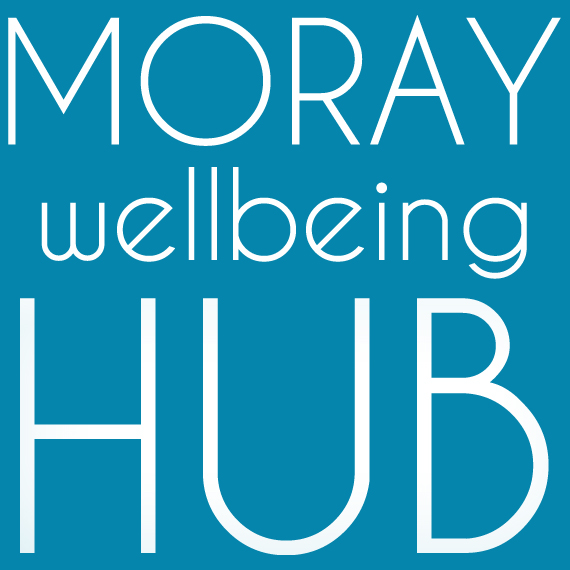January 2nd was World Introvert Day!
To acknowledge that everyone is wired differently and emphasize that everyone has their own unique qualities and talents Moray Wellbeing Hub will be facilitating an Introvert Empowerment session this January. Keep an eye on our updates for more information about this session.
We will also kick off with a Signature Stories column, consisting of personal and individual experiences around a certain theme or challenge. This way we provide another space and opportunity to share experiences to create more awareness and understanding.
This week Tini is sharing what it’s like for her to have an introverted personality.
“You’re too quiet.” Sometimes in a jokeful tone, sometimes in a worrying and genuinely attentive one. But the message is always the same: it is unusual that you are not speaking much.
Speaking is the norm. If you’re not speaking something must be wrong, maybe you’re not feeling well, you might be upset or tired or disliking the company or perhaps you are just too shy to say anything at all.
I prefer to listen, rather than talk. I like to reflect on things consider all options and need time the form and word my opinion. This does not mean something is wrong with me. So please don’t take it personally.
Over the years I’ve been reading up on personalities theories and trying to gather information that has helped me accept and appreciate my introvert tendencies more.
A few misconceptions about introverts and extroverts:
Introverts are not necessarily shy and extroverts are not necessarily outgoing.
Being shy isn’t the same as being an introvert. Introversion is a preference of environments that aren’t overly stimulating. Shyness is a fear of social disapproval or humiliation. However, there is an overlap. Some shy people can turn inward to avoid socialising which may cause them anxiety. At the same time some introverted people may turn anxious in social situations as a result of the message that their tendencies are out of the normal.
People aren’t entirely an introvert or extrovert, you can consider it as being two opposite ends of a personality scale. Most people fall somewhere in between of this spectrum.
An important factor in where we fall on the spectrum relates to how we gain or recharge our energy.
Extroverted people recharge themselves by being social, they gain their energy from contact with others.
People that are more introverted tend to recharge when spending time alone. Spending a lot of time with others and especially large crowds cost them energy. For me (and probably many other more introverted people) this does not mean I don’t like or never attend social situations, I just need some time to recharge afterwards.
This has to do with sensitivity of your nervous system. Introverted people tend to have higher reactive nervous systems that makes them saturated to external stimuli quicker, while more extroverted people tend to take more risks and seek more external stimuli to arouse their nervous system.
Another important element that differs the two ends of the personality or temperament spectrum is that the processing of information goes via different routes in the brain. The route of the more introverted brain has proven to be more extensive and passing through different areas of the brain than the extroverted brain, taking more time. This explains why I find it difficult to respond instantly to new input. I generally need more time to form a well-considered response or opinion. This has proven to be a challenge for me in classrooms or meetings that are set on instant responses and discussions. I have often received remarks that I’m not participating and contributing as much as others, while I’m actually just in the process of processing.
So yes, I am slow processor and quiet… and I embrace it! For a long time a negative perspective on being an introvert has impacted on my self-esteem. I was not responding or interacting as was the norm or standard in schools or society, so something must be wrong with me.
The Western world is predominantly aimed at the appealing extrovert personality style. We are made to think that to be successful in life you have to be alpha, outgoing, a great public speaker and networker and comfortable in the spotlight. Therefor somehow devaluating introversion to a second class personality trait and turning extroversion into an oppressive standard that most of us feel we need to conform to. This is why it’s so important to acknowledge that everyone is wired differently. If we don’t challenge the standards and keep an open mind, we might be by-passing people that are perfectly capable and in their own way unique and sometimes even brilliant because of their different-to-the-norm personality tendencies.
Just like many extroverted personalities, there is also loads of potential, thoughtfulness and creativity in the more introverted personalities. When we no longer feel we need to necessarily conform to a standard that doesn’t fit us, we can take ownership of our qualities and flourish with the strengths that an introverted personality also beholds, being good listeners, analytical and sensitivity.
So let’s celebrate all the different forms and shapes we come in. Let’s encourage everyone to participate in ways that are comfortable, let’s be creative, think out of the box, be kind to the unknown and ourselves.






